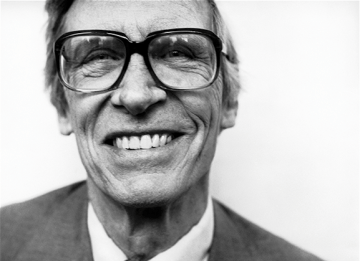Jesse Norman MP in Prospect:
 Imagine a human society not so very different from our own, on which a cataclysm is about to fall. Thousands, perhaps millions, of people will die. Many others will lead shorter and less happy lives; the financial and human costs will be felt for decades, if not forever. Looking in from the outside, and thinking in terms of big ideas such as equality, justice, fairness, human rights and the rule of law, what kind of society would you want to emerge from this catastrophe? What core principles should lie at its heart?
Imagine a human society not so very different from our own, on which a cataclysm is about to fall. Thousands, perhaps millions, of people will die. Many others will lead shorter and less happy lives; the financial and human costs will be felt for decades, if not forever. Looking in from the outside, and thinking in terms of big ideas such as equality, justice, fairness, human rights and the rule of law, what kind of society would you want to emerge from this catastrophe? What core principles should lie at its heart?
Covid-19 has thrown these fundamental questions of political philosophy into stark relief. In their scale, complexity and level of abstraction they form a sharp contrast with everyday ethical issues of honesty, integrity and the like; indeed we may sometimes wonder whether philosophy as such can make any difference at all in political contexts dominated by health, economics and party rivalries. Yet help is at hand in the life and work of John Rawls, who did more than perhaps any thinker since the Second World War to connect the practice of political philosophy with its most basic principles. His thought, inspirations and influence are explored by Katrina Forrester and Andrius Gališanka in recent books, which have achieved new relevance in the shadow of the pandemic.
The name of Rawls may not strike much of a chord today. But for three decades after the publication of his first and greatest book, A Theory of Justice, in 1971, he set a benchmark for political philosophy: substantively, methodologically and linguistically.
More here.
